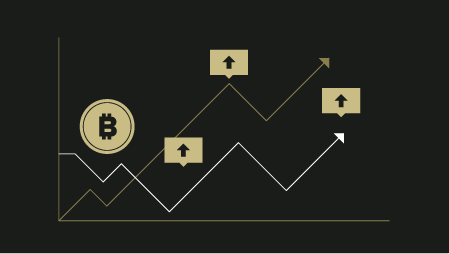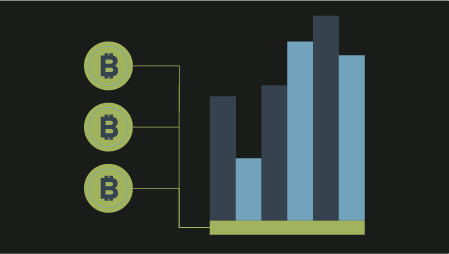Ready to learn Blockchain? Browse courses like Blockchain for Finance Professionals developed by industry thought leaders and Experfy in Harvard Innovation Lab.
The demand for Blockchain technology, renowned for being the core of what propelled Bitcoin to such heights, is growing at such a rapid pace that it is starting to exceed Big Blue. It is expected that it soon will take up the capacity of approximately 60 data centers which IBM leases out to companies globally. IBM represents one of the initial large companies to observe Blockchain’s potential, supplying code to a freely accessible effort, while they are encouraging startups to try Blockchain technology at no cost on its cloud.
The fact that IBM, a company which was established 106 years ago, is devoting so many resources to Blockchain is evident of how far this technology has proceeded in a relatively short space of time. Market researchers have stated that the services and products related to Blockchain are set to reach $7.7 billion in 2022, which would be an increase from $242 million in 2016.
Some of the technology world’s old battleships are embracing new opportunities, such as Microsoft Corp and IBM which are transitioning to cloud services. Blockchain technology allows companies conducting business with one another to securely and openly record transactions.
These recorded transactions cannot easily be changed or reversed, and the Blockchain can store considerably more data in comparison with conventional database storage, resulting in more refined analysis and insights. Embedded contracts such as a car lease can be created whereby upon default by the lessee, the virtual-key could be reassigned to a bank.
According to a survey conducted among 400 managers, executives and tech personnel by Juniper Research, approximately six out of ten large companies are considering the use of Blockchain technology. Companies like Visa and Wal-Mart Stores are using or testing the technology in order to speed up payments, streamline supply chains and store more in-depth records.
Amit Zavery, Oracle Cloud Platform’s senior vice President, is of the opinion that besides hiring 3rd parties as far as cloud use is concerned, companies will depend more on storing data in their own databases. He pointed out that in conventional database systems, only a single copy of such data exists for the reference of all the parties. However, due to the way in which blockchain technology is distributed, all associates hold a copy. This will result in the expanding of the requirements for data storage, particularly for businesses which have a high transaction rate.
Blockchain represents an amazing opportunity for companies to create safe and secure global infrastructure. The Oracle Blockchain Cloud-Service announced in October, 2017 will assist customers extending their existing applications with management systems for enterprise resources. In September 2017, their rival SAP SE stated that clients in a supply chain and manufacturing corporations were busy testing their cloud service.
Microsoft’s association with consortium R3 was expanded on November 20, 2017. This will pave the way for financial institutions to establish Blockchains in their Azure cloud.
The CEO of WinterGreen Research, Susan Eustis, stated that the distribution of Blockchain technology will result in increasing sales in servers, cloud services, and databases to an extent of 35%. She said that in a five-year period, over 55% of considerably sized corporations employing over 1,000 staff members will opt to utilize the cloud rather than their own data-centers compared to 17% currently.
The more general adoption of Blockchain technologies by mainstream businesses as well as trailblazers are attempting to carve out new niches where this technology could yield significant results, appears to be closer at hand every day.



